In March 2020, just weeks before California Gov. Gavin Newsom was “negotiating” a $1 billion mask deal with a Chinese company, National Security Adviser Robert O’Brien announced that the Trump administration was “looking at” investments in blacklisted Chinese military companies by the state’s public employees retirement system, known as CalPERS. There were also questions about the relationship between CalPERS’ Chief Investment Officer, Chinese-born U.S. citizen Yu Meng, and the Chinese Communist Party. CalPERS executives vigorously defended Meng, even posting a long defense of their investments in China on their website, but Meng suddenly stepped down Wednesday, effective immediately. In a press release posted after the end of business Wednesday, there was no reason given for Meng’s departure.
Meng, 50, hinted that health issues contributed to his decision (if indeed it was his decision):
“I deeply believe in the CalPERS mission of serving those who serve California,” Meng said. “I’m proud of the work we did to change the portfolio, build a skilled Investment Office, and set CalPERS on a strong path to achieve our return target. But at this time, it’s important for me to focus on my health and on my family and move on to the next chapter in my life.”
What happened?
At the outset of whatever investigations are supposedly ongoing, O’Brien said the administration’s interest was both in the financial stability of the investments and the problematic practice of investing the retirement funds of government employees with a country that’s anything but friendly.
“Some of the CalPERS investment policies are incredibly concerning,” O’Brien said. “We’ve got folks who are going to rely on their pension for their retirement and putting those investments into companies that don’t have GAAP accounting and they don’t have the same reporting requirements that American companies do is scary.”
“It’s something we are taking a look at and it’s concerning and, moreover, OK, why are we sending American capital to a country and supporting a defense industry that is popping out a couple of destroyers and frigates a month and threatening to have total over-mass against us in the Indo-Pacific.”
Similarly, Secretary of State Mike Pompeo slammed CalPERS‘ investments in a February speech:
“The largest public pension fund in the country is invested in companies that supply the People’s Liberation Army that puts our soldiers, sailors, airmen, and Marines at risk.”
Just days after Pompeo’s remarks, Rep. Jim Banks (R-IN) highlighted Meng’s prior job (from 2015 to 2018) as Deputy Chief Investment Officer for China’s State Administration of Foreign Exchange (SAFE) in a letter to California Gov. Newsom and called for an investigation into Meng’s activities. Banks wrote:
CalPERS has been funneling retired public servants’ savings to companies that abuse human rights and supply the Chinese military. And it has done so at the behest of its CIO, Yu Ben Meng, a man enlisted in China’s Thousand Talents Program—which has been described by the FBI as one of China’s ‘non-traditional espionage’ programs. This poses a national security risk to every region of the United States. I hope Governor Newsom appreciates the gravity of the situation and speedily launches an investigation into Yu Ben Meng and CalPERS.”
Newsom ignored the letter and denied that Meng was a part of the Thousand Talents Program. But, in a February 25 Los Angeles Times article about Banks’ desire “to investigate Meng’s allegiance and win backing for a crackdown on government workers’ dollars flowing into Chinese companies,” the journalist and Meng both stated conclusively that Meng was affiliated with the TTP.
The explosive allegations center on Meng’s three-year stint, which ended in 2018, of helping oversee China’s $3 trillion in currency reserves. During that time he was deputy chief investment officer of China’s State Administration of Foreign Exchange, or SAFE.
Meng was hired for his job at the Chinese fund via a government recruitment plan known as the Thousand Talents Program.
Meng, 50, denied Banks’ claims and said his connections with Thousand Talents ended when he left SAFE two years ago.
“SAFE used the Thousand Talents Program to be able to hire U.S. contractors,” he said in a statement. “I was associated with the program through my employment with SAFE. Any connection to the program ended when I left. I am a proud American citizen.”
But, Katy Grimes at California Globe found a puff piece on Meng in People’s Daily, an official publication of the Chinese Communist Party, that reads quite a bit differently. Here’s a highlight:
“He, once a well-known person on Wall Street in the United States, managed the largest public retirement fund in North America. Two years ago, he gave up the comfortable life in the United States and returned to contribute to the country’s foreign exchange reserves. He is Meng Yu, the deputy chief investment officer of the Central Foreign Exchange Business Center of the State Administration of Foreign Exchange (pictured above, profile photo).”
Mr. Meng said, “In human life, if there is an opportunity to serve the motherland, such responsibility and honor cannot be compared to anything.”
But can it be compared to a $707,500 base salary?
(The original link in Grimes’ article no longer works but fortunately, the piece is archived and a Google Translate version is available.)
Participants in the Thousand Talents Program have been repeatedly linked to espionage. In 2018 program participant Yanjun Xu, who was also a member of the Chinese Ministry of State Security, was arrested for attempting to obtain trade secrets from General Electric and other tech companies. He had to be extradited from Belgium. In July 2020 Chinese scientist Song Gou Zheng, who had performed rheumatology and immunology research at the Ohio State University for more than 20 years (under grants from NIH) was arrested as he attempted to flee to China. Zheng had been attempting to lure other researchers back to mainland China to develop a “world-class clinical immunology research and translational medicine team” which will “develop high level international academic exchange and collaboration” at a university there, using all of the knowledge obtained through NIH grants.
If those examples are any indication, officials better check the airports for Meng.
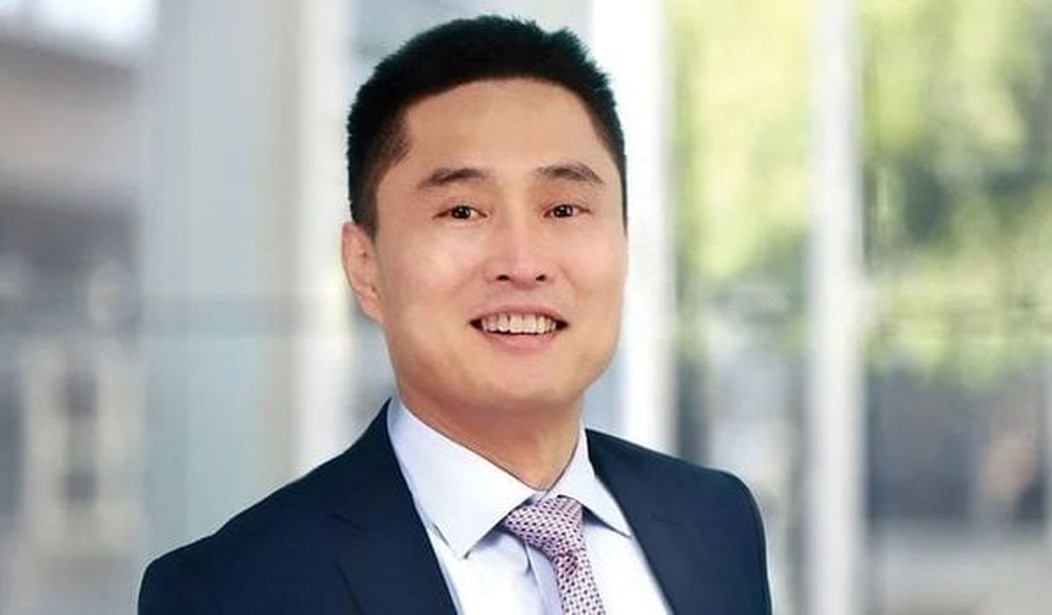


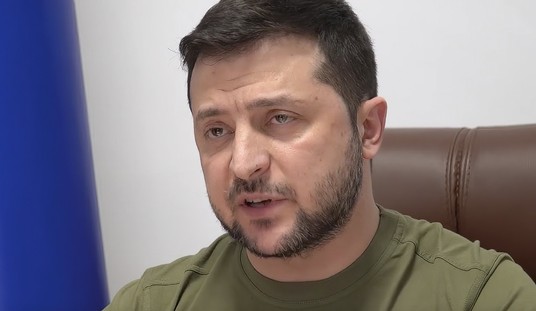
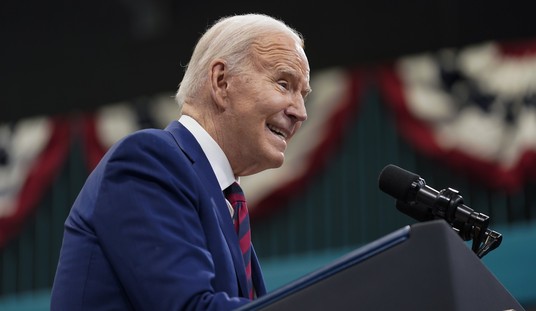
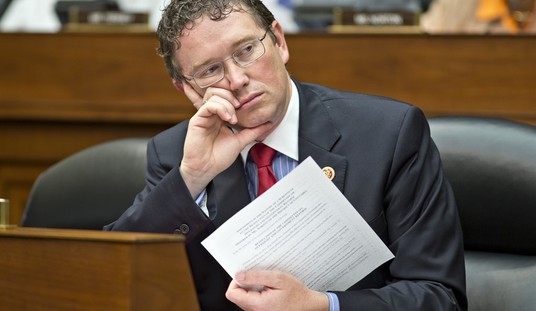





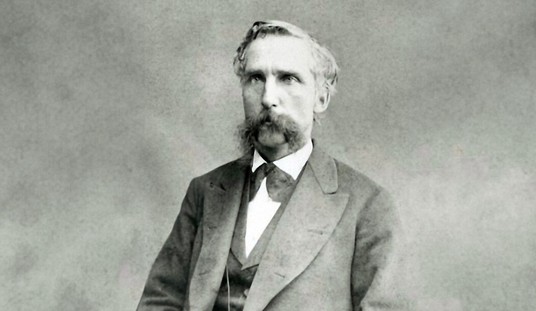


Join the conversation as a VIP Member